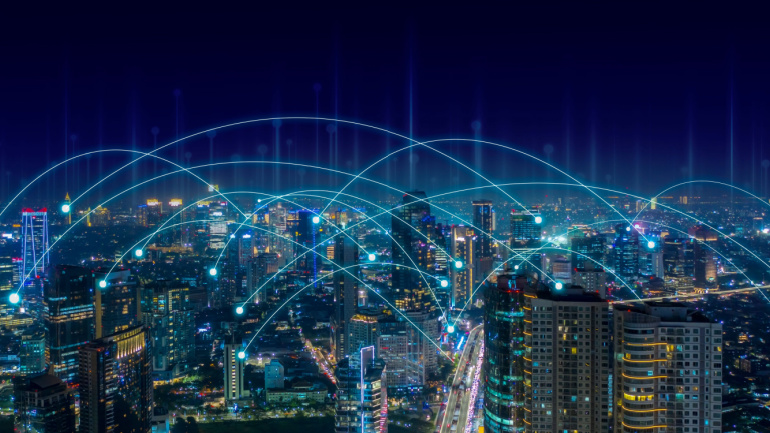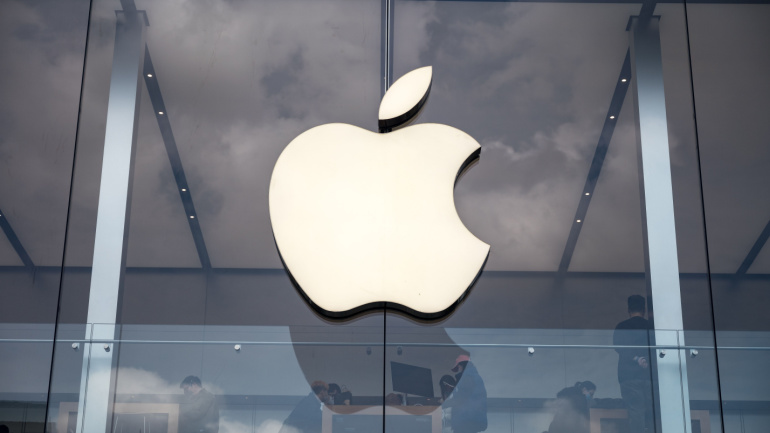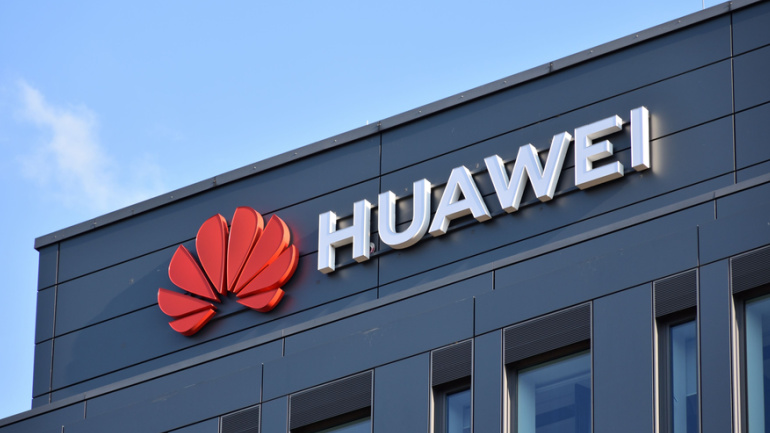Just under a year ago, the tech world buzzed with anticipation over a new partnership between chip mogul Qualcomm and satellite firm Iridium. The aim? Integrating satellite-to-phone services via Snapdragon Satellite and Iridium’s resources. However, a recent shift in direction caught the industry’s attention. Despite a successful demo, smartphone manufacturers didn’t opt to incorporate this feature, leading Qualcomm to end the agreement. Yet, in the face of disappointment, Iridium remains optimistic, envisaging an industry veering towards greater satellite connectivity. As earthquakes ripple across the telecoms landscape, all eyes await what’s next.
The UK has spurred a global AI commitment, aptly named ‘The Bletchley Declaration,’ inviting international participants to coordinate efforts to transform AI into a force for societal good. This shared endeavor, decided during the UK-led AI Safety Summit, represents a crossroad for the world: fruitful scientific accomplishment or potential disaster if poorly managed. The declaration sets the stage for practical actions, yet, the exact plan of action remains uncertain. In light of global climate initiatives, questions arise on the effectiveness of this AI initiative. Will technological advancements in AI hold the answers to crucial global issues? Only time will tell.
The Port of Tyne, a key player in UK’s maritime infrastructure, is embarking on an exciting technological journey, partnering with Ericsson and BT to establish 4G and 5G private network connectivity. By engaging revolutionary standards in safety, efficiency, and sustainability, the Port aspires to become an exemplar among smart ports. Uniquely, the port-wide private network incorporates both 4G and 5G standalone connectivity, benefitting legacy devices while enabling cutting-edge 5G applications. This technological upgrade paves the way for futuristic applications that could revolutionize port operations while reducing carbon emissions. Learn more about this visionary initiative and its potential implications for the maritime industry.
Networking the future with simple text or voice commands? That’s what Nokia’s Bell Labs envisions with their new AI-centric technology – Natural-Language Networking. This breakthrough could revolutionize how network resources are managed by learning user needs over time, resulting in a self-regulating and adaptive system. As a pivotal part of the ambitious UNEXT programme, this technology simplifies network management, aiming for a seamless yet independent functioning of all network elements. An interactive OS that learns and anticipates need – the future of telecoms is unfolding right now.
Exploring Apple’s groundbreaking leap in silicon innovation with their latest M3, M3 Pro, and M3 Max products, it’s evident that personal computer processing is being redefined. Promising substantially expedited rendering times and performance enhancements across the board, Apple offers these not as mere upgrades, but as game-changers in the hardware world. Furthermore, these innovations signal noteworthy shifts in the broader landscape of PC CPU chips, traditionally dominated by Intel and AMD, now facing exciting competition. Dive deeper to discover the impact of these changes in the world of technology.
5G and AI are more than just buzzwords; they’re shaping up to become the backbone of technological breakthroughs. Their ultra-fast capabilities are key for advancements including IoT and intelligent automation. However, with high speed comes high stakes, particularly in the domain of cybersecurity. Yet, despite potential risks, the limitless possibilities offered by 5G and AI, whether it’s efficiency gains or real-time interactivity, are compelling. This combination is set to revolutionize industries, driving anticipation for what lies beyond the tip of this transformative iceberg.
The EU’s first annual State of the Digital Decade report highlights an urgent call to action for increased investment to meet its 2030 technology targets. The report underlines the significance of collective efforts by member states to successfully navigate the prevalent digital transformation. The document illuminates areas such as 5G deployment, which has been slower than expected, and inadequate fiber network coverage, among others. Simultaneously, it draws attention to other essential aspects, like digital sovereignty and the digitalization of businesses, suggesting an additional investment of at least €200 billion may be necessary. Issues such as these could hamper the bloc’s ambition to double its share in the semiconductor sector by 2030.
The recent Huawei Network Summit 2023 in Jakarta became a milestone for the Asia Pacific telecom sector, reinforcing Huawei’s commitment to relentless innovation. The Summit demonstrated advanced solutions like the Intelligent Cloud-Network and novel products geared towards enhancing digital productivity. Focusing on the growing need for robust network operations amidst digital transformation, innovative strategies were introduced across various platforms. Transformative solutions promulgated include offerings for streamlined office networks, improved AI training efficiency and convergent network management.
Nokia, TPG and Mediatek are collaborating to showcase the power of carrier aggregation technology in live-streaming 360-degree broadcasts, a key element for future metaverse applications. The demonstration at Nokia’s 5G Futures Lab used multiple sub-6 GHz frequency bands to maximize 5G uplink speeds, enabling real-time transmission of high-quality video. The technology could revolutionize the viewing experience for TV, movies, sports and industrial metaverse scenarios such as remote-controlled robots performing hazardous tasks.
In an audacious move against China’s tech supremacy, the U.S. has issued an executive order curbing American investment in several Chinese industries. Citing national security fears linked to the development of military, surveillance, and cyber technology in China, the U.S. declared a national emergency facilitating swift action. This could significantly impact sectors such as semiconductors and quantum computing, and might also influence global investment trend.













